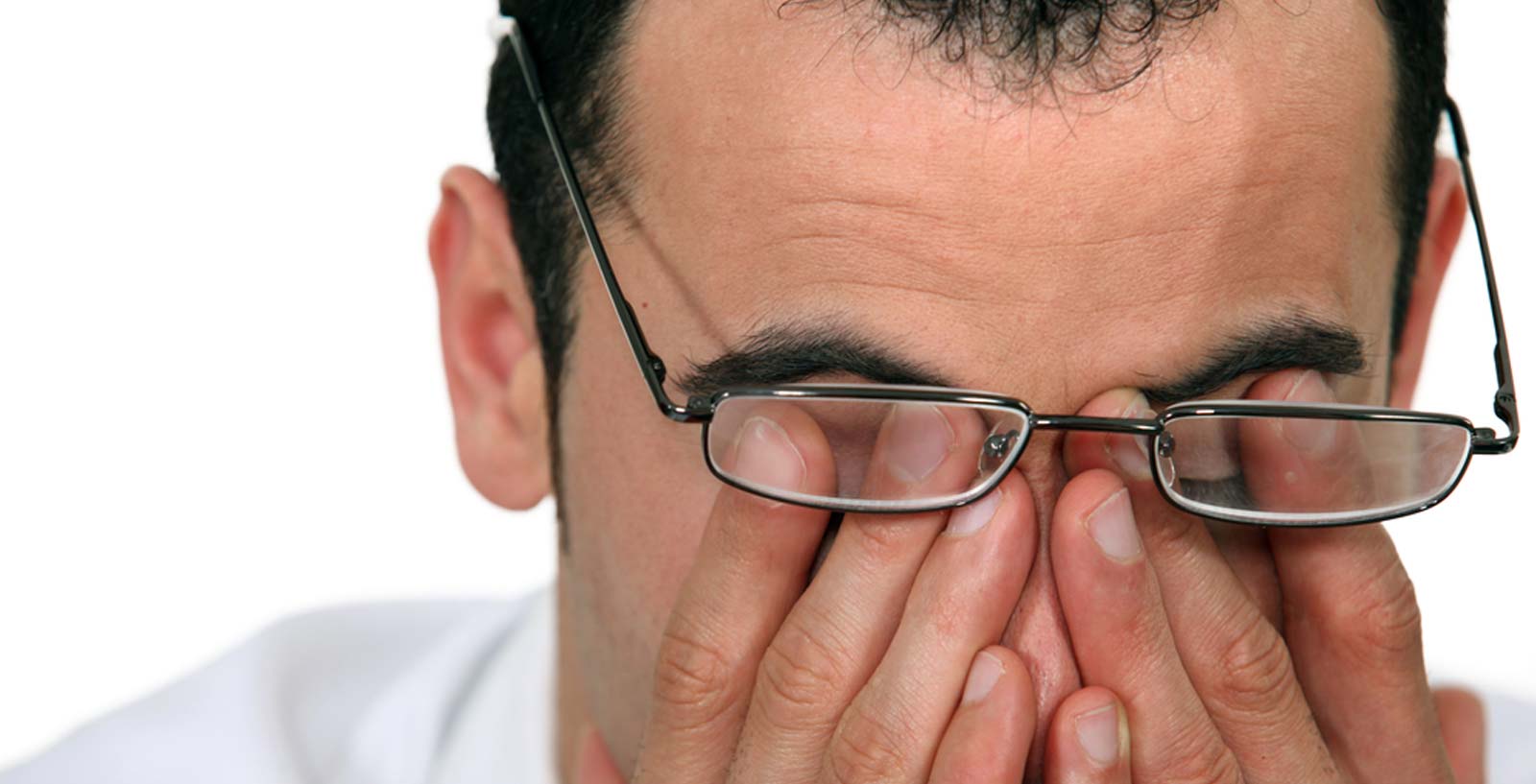What is Fatigue?
When one feels tired, exhausted, lethargic, and listless altogether, it is possible that she or he is fatigued. Fatigue is the physical or mental state of being tired and weak. And most of the time, being fatigued in both aspects occurs together. When one is physically drained, so will her or his mental health be. The only thing that differs is what the person feels during that moment. The most common sign of physical fatigue is that when an individual cannot continue functioning at their normal levels of ability. While mentally fatigued people are unable to concentrate properly and feel sleepy overall.
Though fatigue can be misinterpreted as someone being extremely tired. It is actually a symptom that you should be concerned with. It is natural to feel drowsy and sometimes sluggish. But if you find yourself in a persistent cycle of lethargy, it is best to have it checked out by the doctors.
The Signs and Symptoms of Fatigue
The main symptom of fatigue is exhaustion after a physical or mental activity. Another would be that the person does not feel refreshed after a night’s rest. Other possible signs may include:
|
|
What Are the Common Causes?
There are a lot of reasons why a person would feel fatigued. Overstressing one’s self is one of them. Besides poor sleeping habits, mental health and other medical conditions become major factors as well. If you find yourself doing any of the following, we urge you to stop. But if you are currently going through a health problem, please consult with the doctors to receive treatment.
Lifestyle
Some life choices can contribute to fatigue. Some of these include:
- Use of alcohol and/or drugs
- Lack of physical activity
- Lack of sleep
- Medications (e.g. antihistamines and cough medicines)
- Unhealthy eating habits
Health Conditions
Some treatment for certain illnesses can induce the symptoms of fatigue. If this is the sole reason you are constantly exhausted, ask your doctor how you can reduce its effects. The following conditions that uses medication/treatment/therapy that causes fatigue are:
|
|
Aging
The elderly experience fatigue more than any other age group. Sadly, a lot of people confuse fatigue with the slow progression that comes with their age. If you or someone you know is at this point in their life, and is experiencing the symptoms of fatigue, make it a habit to see a doctor. Doctors will be able to help reduce the negative effects of fatigue at this age. By doing so, you will be able to have more energy doing the things you love while at the age of 60+.
Cortisol Imbalance / Adrenal Fatigue
Cortisol is a steroid hormone that is released by the adrenal gland in response to stress. It is sometimes called the “fight or flight” hormone because it initiates numerous physical responses (e.g. gives your quick spurts of energy or increases your heart rate) when your body is stressed out. It also helps the metabolism of fat, protein, and carbohydrates. It also suppresses the immune system when it gets out of control.
People who do not secrete enough cortisol experience adrenal fatigue. Adrenal fatigue is a term used when one’s adrenal gland is working poorly. Symptoms of this condition include:
- Having trouble getting out of bet
- Chronic tiredness (even after you have awoken in the morning)
- Finding it difficult to think clearly or finishing your task
Some experts say that adrenal fatigue has yet to be proven. But if your body is experiencing the following signs or more, it is best that you visit a doctor to have it treated.
Tips on Dealing with Fatigue
A lot of the symptoms of fatigue can be dealt with naturally. Generally, you have to change your lifestyle and life choices to feel better. Proper exercise and diet will help you lose weight. Quitting smoking and drinking on the other hand, will reduce the feeling of lethargy and dizziness. Finally, getting enough rest and not overstressing yourself will keep those headaches at bay. But if your fatigue is caused by something that affects you medically, then having yourself treated is the right solution. Some doctors will prescribe you medications to alleviate these symptoms without having to compromise your health. The other course of action is to receive hormone replacement therapy.
Since cortisol is an important hormone that fights back stress. Hormone replacement therapy (HRT) will help your adrenal gland produces enough hormones. There are a lot of clinics in Florida that specialize with this kind of treatment. By consulting with their doctors and routinely going to their sessions, your hormone imbalance will be dealt with in no time.
Fatigue should never be confused with feeling sleepy or drowsy. It is a critical symptom that could lead to several health problems if not treated immediately. So if you believe that you are constantly being chased by fatigue, consult a doctor today.


